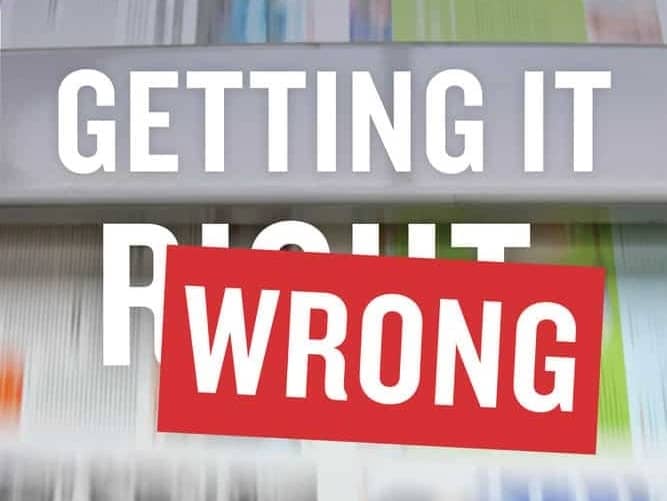I stumbled across an article on CNBC that was about a “former” FIRE (Financial Independence Retire Early) advocate who retired with $1.2 million and then decided to go back to work after two years. I’m not really sure why so many personal finance columnists like to disparage the FIRE movement, but this article does a good job at over-generalizing the motivations of those who aspire to FIRE.
To summarize this particular article, Francis retired early at age 37 and has decided that pursuing FIRE was not the right choice for him. Unfortunately, he seems to assume a majority of the community doesn’t know what they’re doing and states that “I don’t think most people want to retire early.” That statement likely goes against any polling done on the subject, but I’ve struggled to find any statistics on the simple question, “would you rather keep working or retire?” I think the reason why there are no statistics on this question is because the answer is quite straight forward… people would much rather retire than have to keep working. At my employer, the moment someone reaches the age to claim their pension, they retire despite being allowed to work longer and increase their benefits. If so many people wanted to keep working versus retiring, I imagine my office would be full of 60, 70, and 80 year olds, but it’s not.
Disgruntled or Exploited and Underpaid?
What Francis thinks is that people are just “disgruntled with their careers and they want to take a really, really, long time off. Maybe a year or two.” I can certainly get on board with the thought that people are disgruntled with their careers. Over the past year we have seen the “Great Resignation” sweep across the United States as employees are fed up with being exploited and underpaid and are switching to better employers or even new careers. However, I don’t agree that all people need is a “year or two” off and they’ll be ready to jump right back into another full-time traditional job despite having saved enough to retire early.
In fact, what Francis is claiming about people just needing a break is not even what he did himself. What Francis did is he started working for himself! After two years of early retirement where he apparently did nothing but sit around on the sofa, he got bored. Well, that’s no surprise that he wasn’t being fulfilled by having such an inactive retirement. This is a common misconception about FIRE that the media loves to latch onto… that you’re living on rice and beans and sitting on your sofa doing nothing while just waiting to die 50 years later. This could not be further from the truth and, unfortunately, Francis is helping reinforce this misconception about FIRE.
Hobbies in Retirement
The “job” that Francis talks about going to is actually a YouTube channel that he uses to talk about personal finance. Yes, it could be considered a job, but he doesn’t treat it as such and admits that some weeks he “works” 40 hours and others barely 8 hours. This, my friends, is what many of us would consider a retirement hobby! Instead of now sitting around on his couch all day, Francis found a topic he is passionate about and he spends whatever amount of time he finds enjoyable talking to others about that passion! The fact that his hobby brings in some income is irrelevant at this point since he doesn’t need the money to continue his early retirement because he has achieved the first half of FIRE – Financial Independence.
Unfortunately, the framing of this article and Francis’ quotes are only trying to reinforce the notion that everyone should just keep working since it’s not normal (or possible) for anyone to be happy retiring early. Early retirement is whatever you make it. I’ve been a follower of A Purple Life Blog for some time now and Purple continues to blog and tweet about her early retirement journey. I would be willing to bet my entire nest egg that she doesn’t feel bored and would want to go back to her job. She is living her best life, free of the restrictions that traditional employment requires and is able to travel, spend more time with family and friends, enjoy new experiences, and is actively making her early retirement a fulfilling one – versus just sitting on the couch every day staring out of the window.
Are there some people who genuinely love their job and will just continue working full-time in that capacity? Yes, of course, but these are the exceptions. Anyone who happens to find a job in which they feel like that should consider themselves one of the luckiest people on earth because the vast majority of people are working out of necessity and not pleasure. I like my job, but by no means would I keep doing it if I didn’t have to and I’m sure many others share that sentiment.
With Financial Independence comes the ability to choose how to spend your time based on your own interests and desires and is the most powerful aspect of FIRE. This is why I know that achieving it will bring me considerably more joy and self-satisfaction than continuing another 25-30 years in a traditional career where more than half of my waking hours each day are dictated to me by an employer.






Leave a Reply